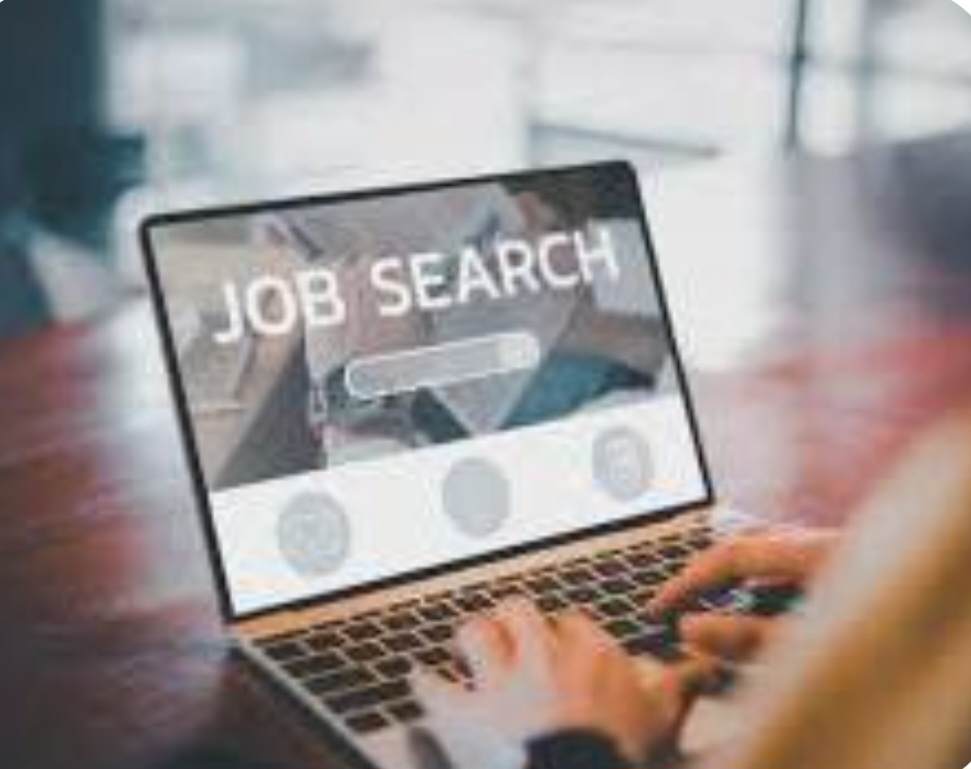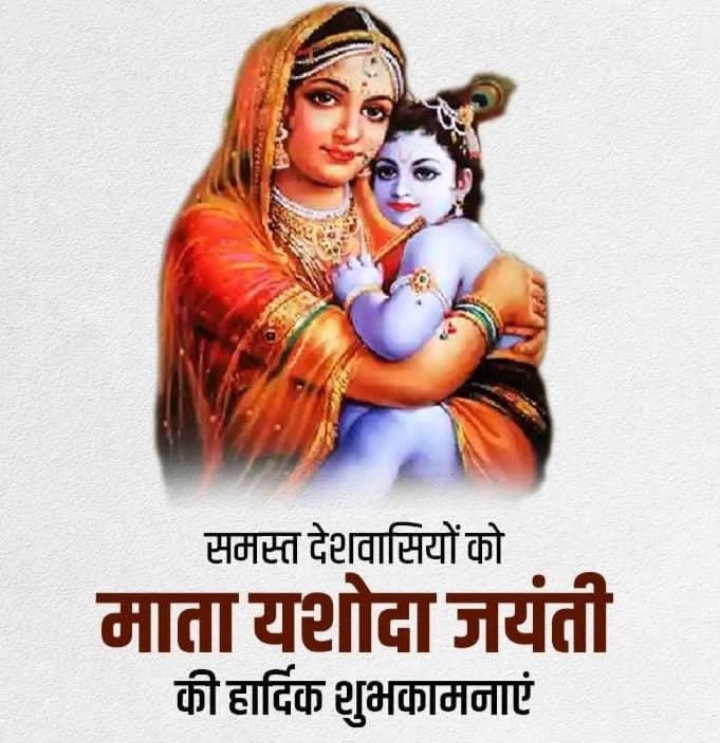Inequality is not just a moral problem—it’s an economic one.
Hard times don’t have to lead to hopelessness
Good Economics for Hard Times by Abhijit V. Banerjee and Esther Duflo dives deep into the economic and social issues shaping our world today—inequality, immigration, globalization, job loss, and climate change. What makes this book stand out is its commitment to replacing ideology and assumptions with evidence and empathy. The authors argue that the most dangerous ideas in economics are often the simplest, repeated so often that they feel like truth—until you dig deeper.
One key theme is inequality. The authors explain how inequality is not just a moral problem—it’s an economic one. Societies with high inequality often face slower growth and social instability. Lack of opportunity traps people in cycles of poverty, not because they lack talent, but because the system limits them.
The book also challenges the notion that free markets always self-correct. Banerjee and Duflo argue that real markets are full of imperfections, biases, and human behavior patterns that traditional models ignore. I found this refreshing because it shows that economics isn’t about perfect graphs—it’s about real lives, and real lives are messy.
Climate change is another pressing issue . climate action is not just an environmental necessity but an economic opportunity. The world doesn’t need more certainty; it needs more curiosity.
Economics isn’t just about money—it’s about people, fairness, and choices that shape the future. Hard times don’t have to lead to hopelessness. With empathy, research, and open-mindedness, we can build policies—and lives—that actually work for everyone.
Reference: Social media
















Leave a Reply